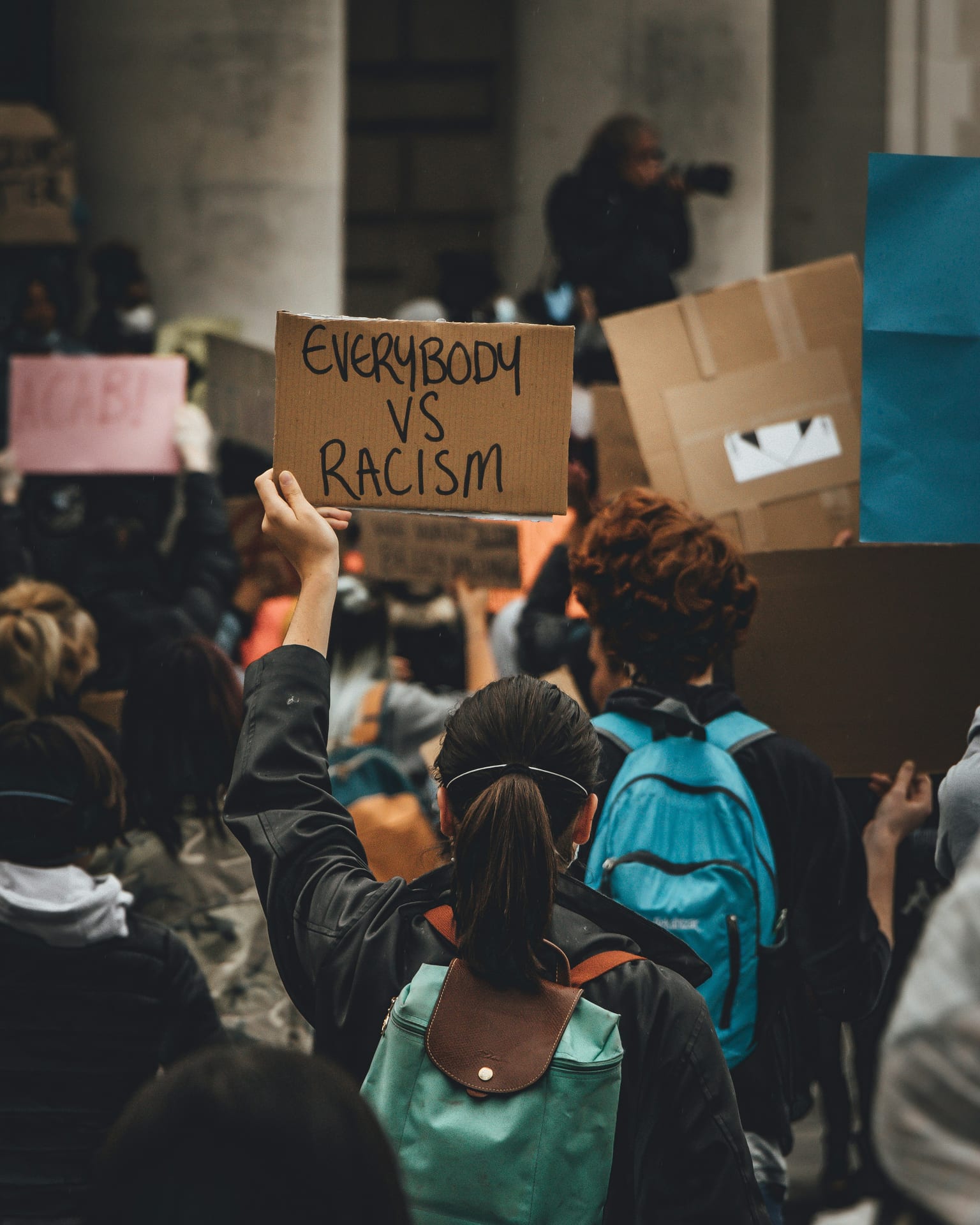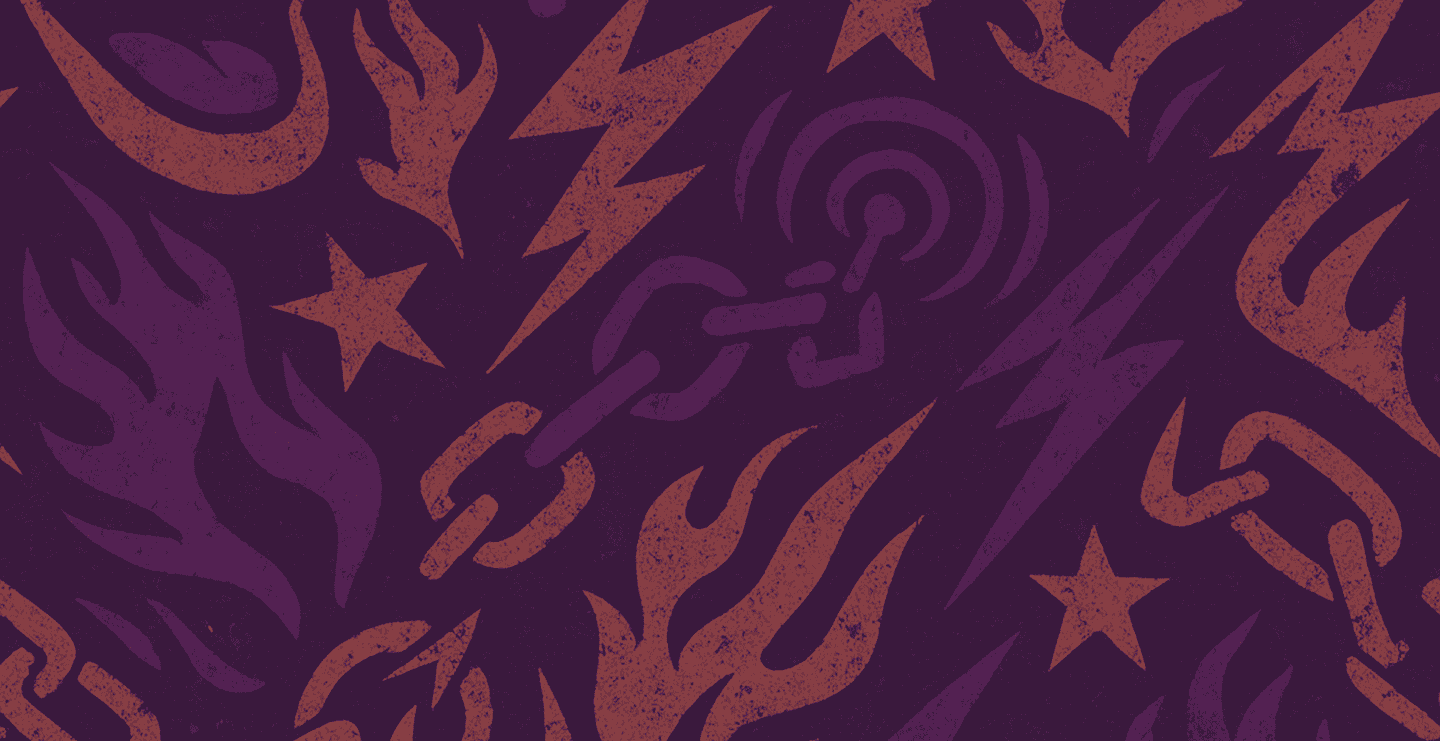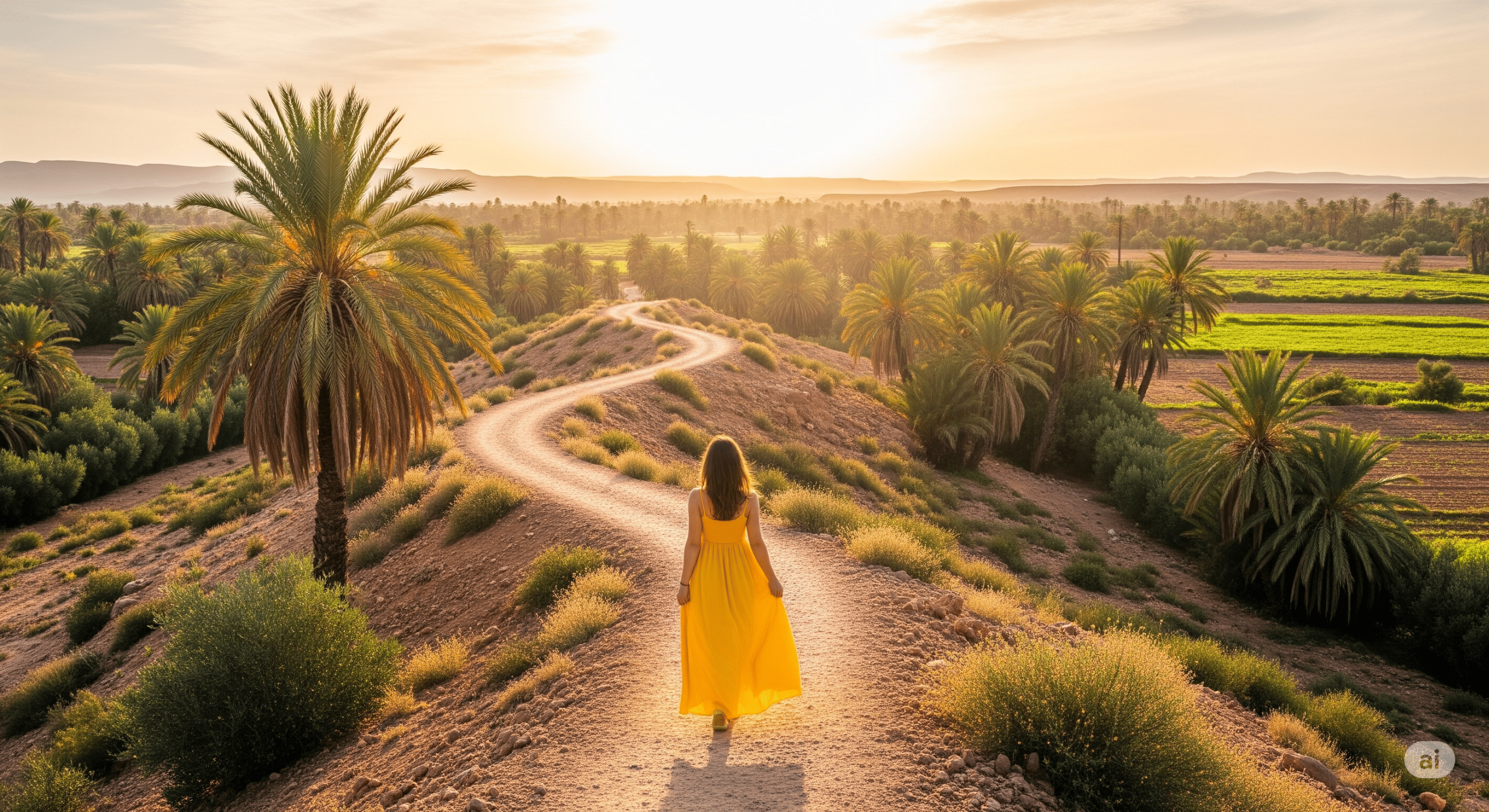
T-HIYA: A Platform Rooted in Resistance and Collective Emancipation
T-HIYA is a platform born from the legacy of Tihya/ Dihya known as Kahina, the Amazigh queen and warrior who embodied resilience against oppression, fighting tirelessly to protect her people’s rights and dignity.
Her story is a beacon of courage, wisdom, and unyielding determination. It fuels our commitment to justice today. Grounded in intersectional feminism and informed by Antonio Gramsci’s vision of convergence in struggle, we recognize that emancipation arises when diverse movements unite to dismantle oppressive systems and reclaim power collectively.
T-HIYA stands at the crossroads of art, activism, and academia. We merge research with lived experiences, humanizing data through survivor testimonials and activist insights. By bridging feminist theory and praxis, we empower civil society to confront oppression in all its forms.
Core Missions

Monitor & Disseminate
Provide real-time tracking of gender-based violence incidents, regressive legal developments, and feminist legal milestones via interactive dashboards and accessible public reports.
Advocate with Purpose
Convert survivor testimonies into targeted advocacy campaigns, petitions, and public mobilization efforts to hold institutions accountable and elevate grassroots voices.
Empower Through Knowledge
Disseminate rights-based toolkits, simplified legal guides, and actionable policy analyses to combat systemic barriers affecting women and marginalized communities in Morocco.
Amplify Grassroots Insights
Partner with local scholars to co-publish ground-level research on rural gender-based violence, migrant worker rights, and climate justice intersections.
Curate & Educate
Assemble multilingual creative resources—films, literature, podcasts, exhibition catalogs, and blogs to explore gender dynamics, survivor resilience, and pathways to collective emancipation.
Reclaim Histories
Archiving Morocco’s intersectional feminist legacies through public storytelling initiatives that showcase marginalized voices and untold narratives.
Build Connected Networks
Launch a real-time geotagged mapping platform linking survivors to NGOs, shelters, counselors, legal aid..etc while fostering collaboration among activists, researchers, and policymakers to address systemic gaps and coordinate emergency responses.

Take the first step. We’re here to listen.
Would you like to collaborate, ask a question, or contribute to the fight against gender-based violence? Fill out this form — we’ll get back to you shortly


